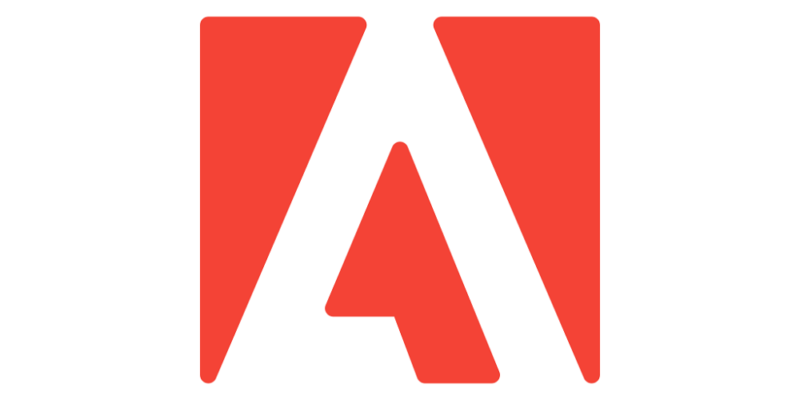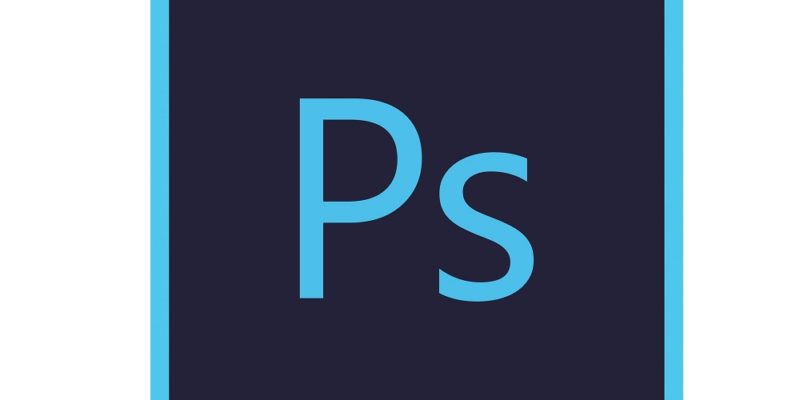 Exploited Vulnerabilities Can Take Months to Make KEV List
Exploited Vulnerabilities Can Take Months to Make KEV List
On October 10, the Cybersecurity and Infrastructure Security Agency (CISA) updated the Known Exploited Vulnerabilities (KEV) catalog with five known software flaws. At the top of the list: A use-after-free vulnerability in Adobe’s Acrobat and Reader PDF-viewing applications that could allow code execution with the privileges of any user that clicked on a malicious file….









